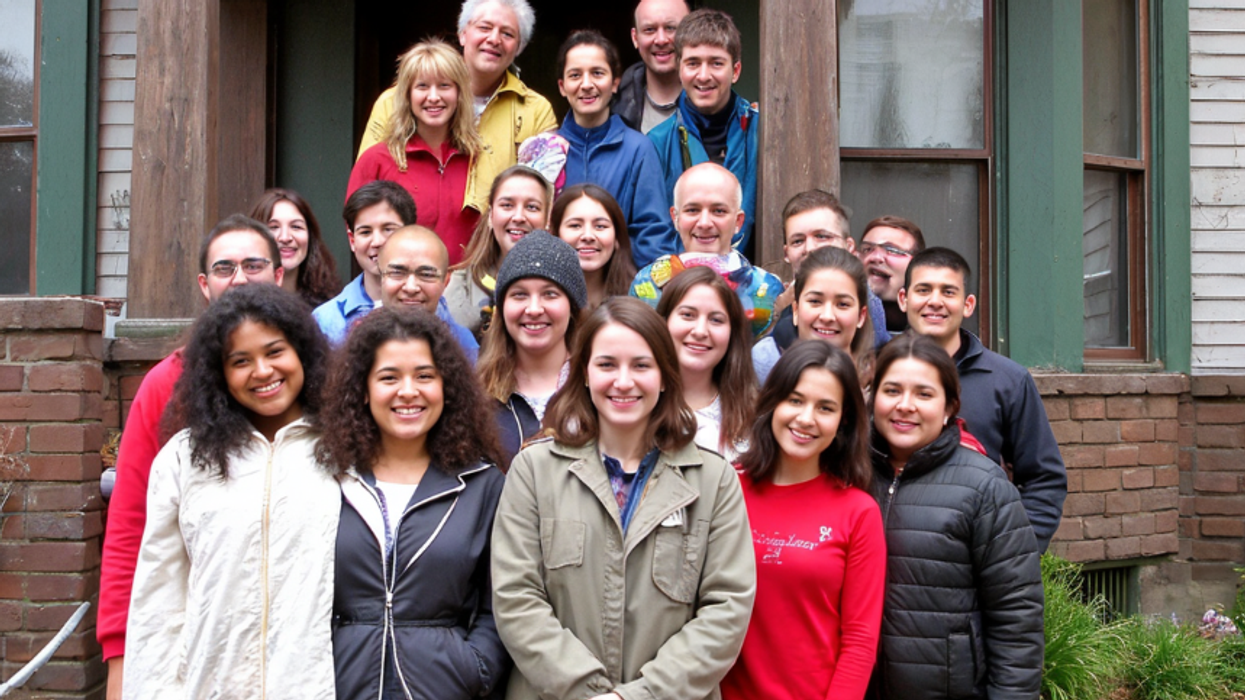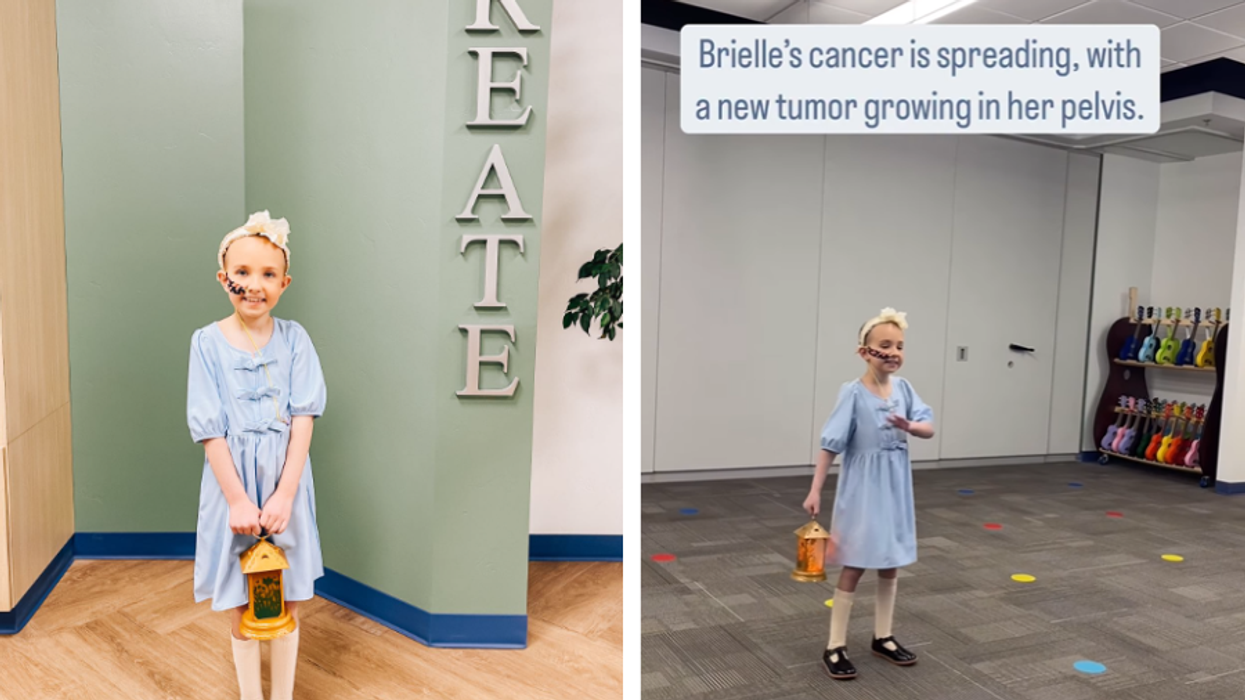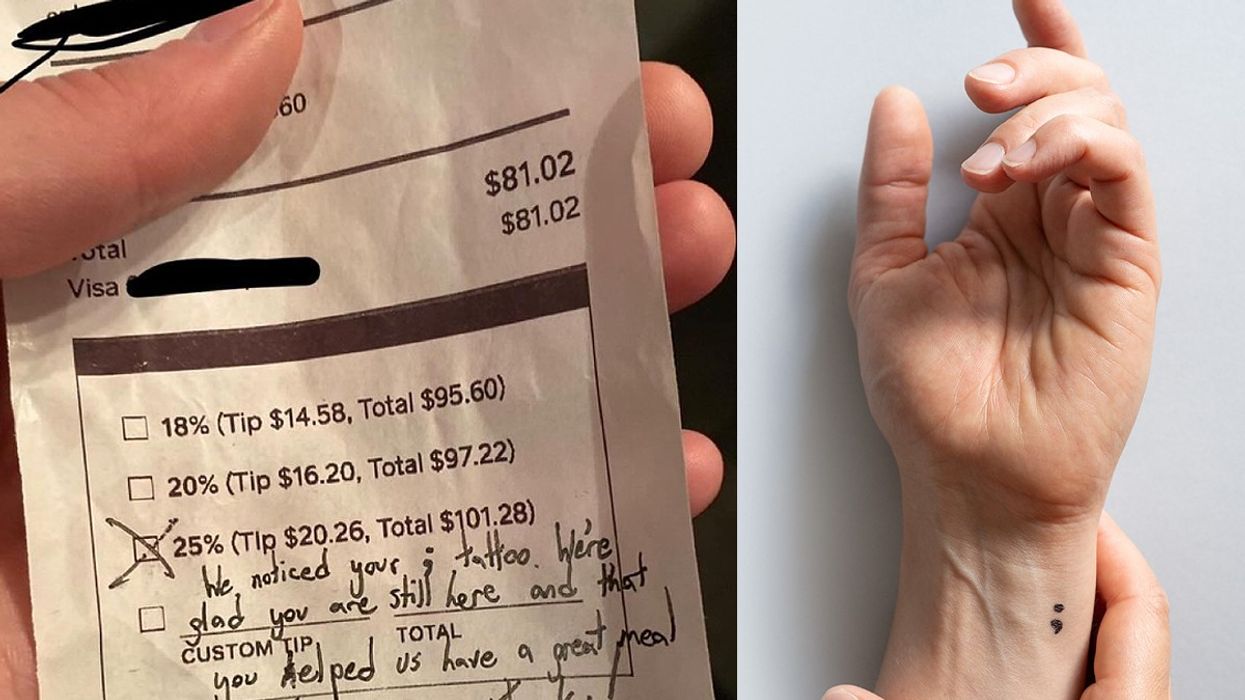For nearly two decades, Linda Taylor had called a house in Minneapolis her home. When she was suddenly told she had two months to vacate, the news left her devastated. The idea of leaving behind the place she cherished was unbearable. "It felt like the world had been pulled from under me," she told The Washington Post. "My house means everything to me."
Her housing troubles stemmed from a confusing real estate deal. Taylor first acquired the home in 2004, but a complicated transaction led to the property reverting to a previous owner. That person allowed her to continue living there as a renter. Two years later, the house changed hands again after the owner became entangled in a mortgage fraud scheme, and it was eventually purchased by Greg Berendt, the landlord who would later attempt to evict her.
In early 2022, Taylor received a shocking notice: she had until April 1 to vacate the property. Berendt offered to sell her the home but at a steep price of $299,000. If she couldn't come up with the money, she would have to leave. The stress of the situation was overwhelming. "I could not sleep, I could not eat. I felt really defeated," she admitted.
"I'm going to do something about it. This is my house." — Linda Taylor
Taylor had worked for a local nonprofit for three years before losing her job during the COVID-19 pandemic. Even without a steady paycheck, she managed to keep up with the $1,400 monthly rent, using her life savings, financial aid from family, and support from government programs like RentHelpMN—a pandemic-era initiative aimed at preventing homelessness. But with her savings dwindling, the situation looked bleak, but she didn't give up. She said to herself, "I'm going to do something about it. This is my house."
A longtime friendship with Andrew Fahlstrom, a neighbor across the street, would soon change everything. Fahlstrom, a housing rights organizer, had seen how much Taylor meant to the neighborhood and felt compelled to act. "She has always been the one in the neighborhood who greets everyone," he said. Recognizing the urgency of her situation, he reached out to other residents to brainstorm a solution.
Support for Taylor quickly gained momentum. Word spread throughout Powderhorn Park, and soon, more than 400 neighbors joined forces to help. The group drafted a letter to Berendt, urging him to negotiate a lower sale price. Their collective effort resulted in a June 30 deadline and a reduced price of $250,000—still a significant sum, but slightly more manageable.
With the purchase deadline set, the community launched a fundraising mission. Organizers hosted block parties, art events, and social media campaigns to raise awareness and collect donations. A crowdfunding page drew contributions ranging from $5 to $15,000, but the most substantial boost came from a local church, which donated $200,000 to the cause.
After four months of relentless fundraising, the campaign surpassed its goal, collecting $275,000—enough for Taylor to buy the home. Additional funds were allocated for repairs and overdue utility bills, ensuring she could remain in her house without financial strain.
"She has always been the one in the neighborhood who greets everyone." — Andrew Fahlstrom
By the end of May 2022, Taylor signed the purchase documents, officially becoming the owner of the home she had loved for years. Overwhelmed with gratitude, she expressed what the moment meant to her. "When it's yours, it gives you a different type of feeling," she said. "I'm safe, I'm secure, and I have a home... I'm here to help the next person and the next person and the next person."
"I'm going to do something about it. This is my house." — Linda Taylor















 Representative depiction of Matusadona National Park
Representative depiction of Matusadona National Park







 Representative photo of Amazon fulfillment center by Canva
Representative photo of Amazon fulfillment center by Canva



 One little note led to an even more impactful exchange of texts.
One little note led to an even more impactful exchange of texts.